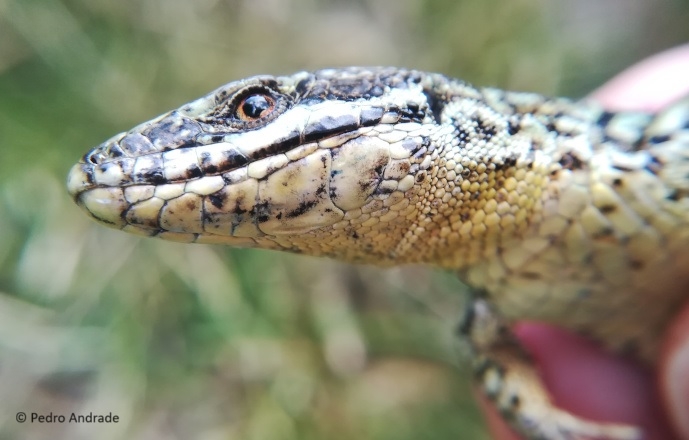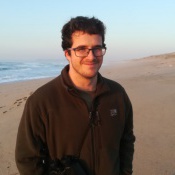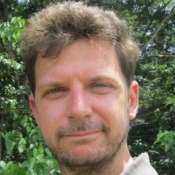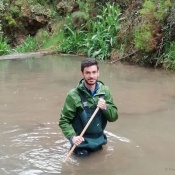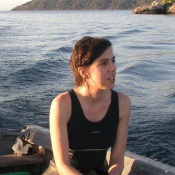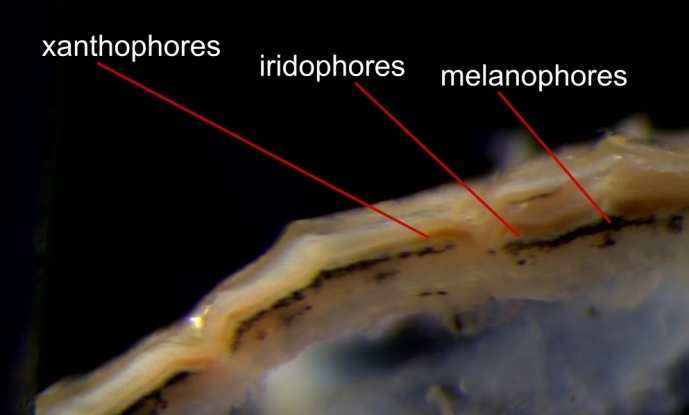CONVERGE: Dissecting the molecular basis of convergent evolution in lizards
Convergent evolution of phenotypes between distantly related lineages is a common phenomenon in nature. A classic example are the fins of sharks and dolphins, which arose independently as adaptations to a similar aquatic lifestyle. This and other examples have intrigued scientists and public alike for decades, and are recognized as textbook examples in organismal evolution. Despite the deep divergence between branches of the animal tree of life, all share a similar molecular machinery, largely preserving the same sets of gene families. This begs the question: to what extent are similar molecular mechanisms and genomic features mediating the repeated occurrence of phenotypes throughout evolution?
Despite an historical focus on the subject of convergence, only recently have biologists been able to tackle questions on its underlying molecular mechanisms. The current state of knowledge suggests that at the root of convergent phenotypes are often "hotspots” of evolutionary change, which are genomic regions repeatedly implicated in the evolution of specific phenotypes. However, we still do not understand why particular genes function as "hotspots” of evolutionary change. The CONVERGE project takes advantage of the multiple independently evolved colour polymorphisms in lizards to understand the molecular mechanisms promoting convergent evolution, aiming to answer multiple questions on how genomic features promote the repeated evolution of specific phenotypes.
Team
Principal Investigator
Researchers

Miguel Jorge Pinto Carneiro
Position: Principal Researcher
Group:
EVOLGEN Students
External Collaborators
Other members
Nathalie Feiner (Lund University); Daniele Salvi (University of L'Aquila); Adriana Bellati (Università degli Studi della Tuscia)
Nathalie Feiner (Lund University); Daniele Salvi (University of L'Aquila); Adriana Bellati (Università degli Studi della Tuscia)
State
Concluded
Proponent Institution
Associação BIOPOLIS (CIBIO-InBIO)
Funded by
Fundação para a Ciência e a Tecnologia (FCT)
Dates
2021 (Duration: 2 years)
Reference
CONVERGE (EXPL/BIA-EVL/1562/2021)
